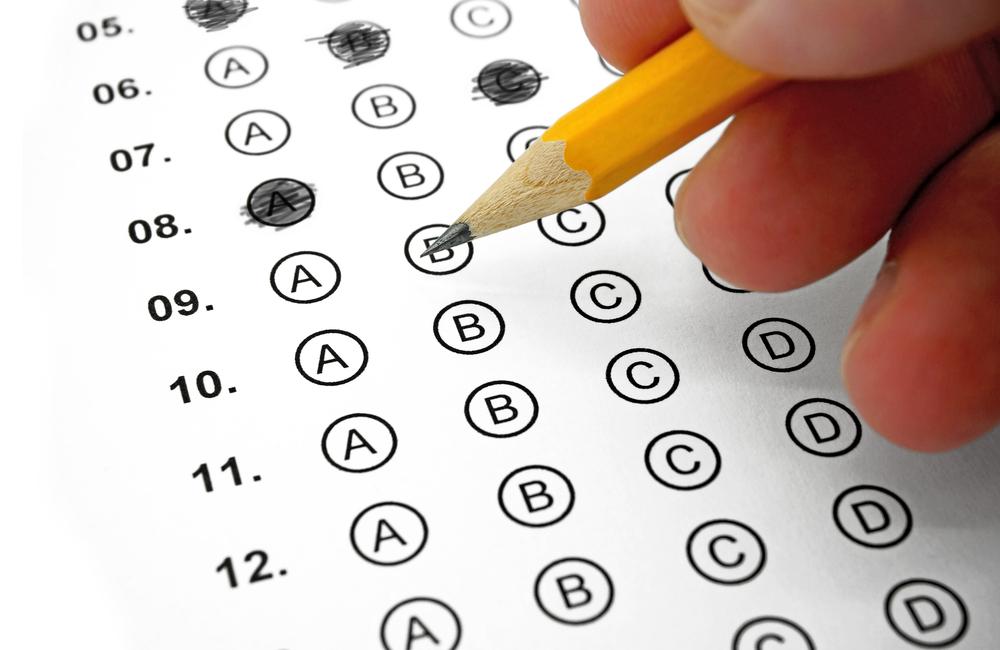New Zealand has reported its lowest-ever results in the OECD’s Programme for International Student Assessment (PISA), aligning with a global trend of worsening student academic performance.
The PISA tests measure a 15-year-olds’ ability to use their reading, mathematics, and science knowledge and skills to meet real-life challenges.





